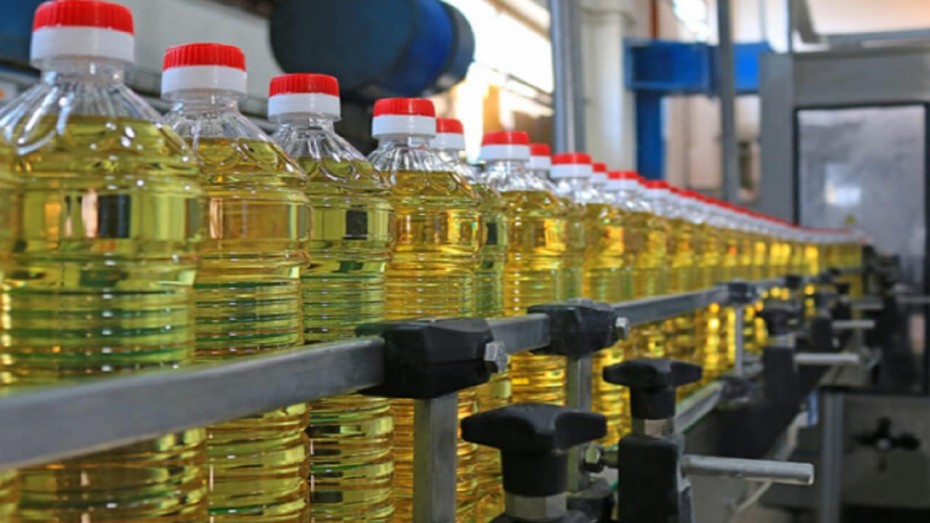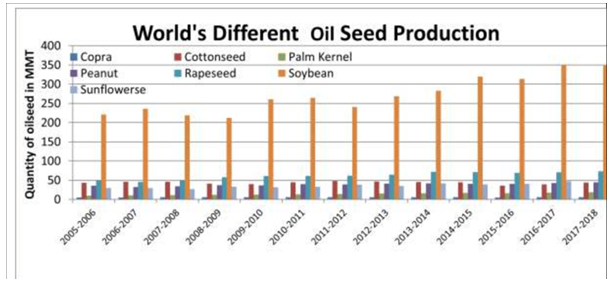

WWF is also working with governments in both palm oil using and palm oil producing countries to make sure that national laws are in place to ensure that any palm oil traded is free of deforestation, conversion and exploitation. It is important that the palm oil industry continues to invest in and grow support for and smallholder programmes and sustainable landscape initiatives.

The Roundtable on Sustainable Palm Oil or RSPO was formed in 2004 in response to increasing concerns about the impacts palm oil was having on the environment and on society. Palm oil can be produced more sustainably and there is a role for companies, governments, and consumers to play. These are serious issues that the whole palm oil sector needs to step up to address because it doesn’t have to be this way. There also remains some exploitation of workers and child labour. This forest loss coupled with conversion of carbon rich peat soils are throwing out millions of tonnes of greenhouse gases into the atmosphere and contributing to climate change.
Edible oil production by country driver#
Palm oil has been and continues to be a major driver of deforestation of some of the world’s most biodiverse forests, destroying the habitat of already endangered species like the Orangutan, pygmy elephant and Sumatran rhino. This makes it an attractive crop for growers and smallholders, who can rely on the steady income that palm oil provides. In Asian and African countries, palm oil is used widely as a cooking oil, just like we might use sunflower or olive oil here in the UK.Īs well as being versatile, compared to other vegetable oils the oil palm is a very efficient crop, able to produce high quantities of oil over small areas of land, almost all year round. It is semi-solid at room temperature so can keep spreads spreadable it is resistant to oxidation so can give products a longer shelf-life it’s stable at high temperatures so helps to give fried products a crispy and crunchy texture and it’s also odourless and colourless so doesn’t alter the look or smell of food products. Palm oil is an extremely versatile oil that has many different properties and functions that makes it so useful and so widely used.


 0 kommentar(er)
0 kommentar(er)
